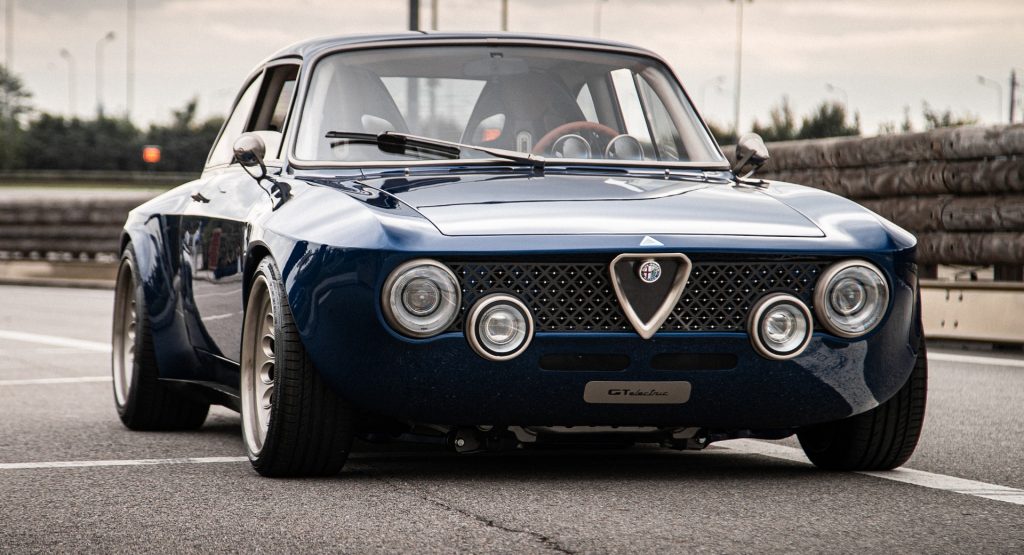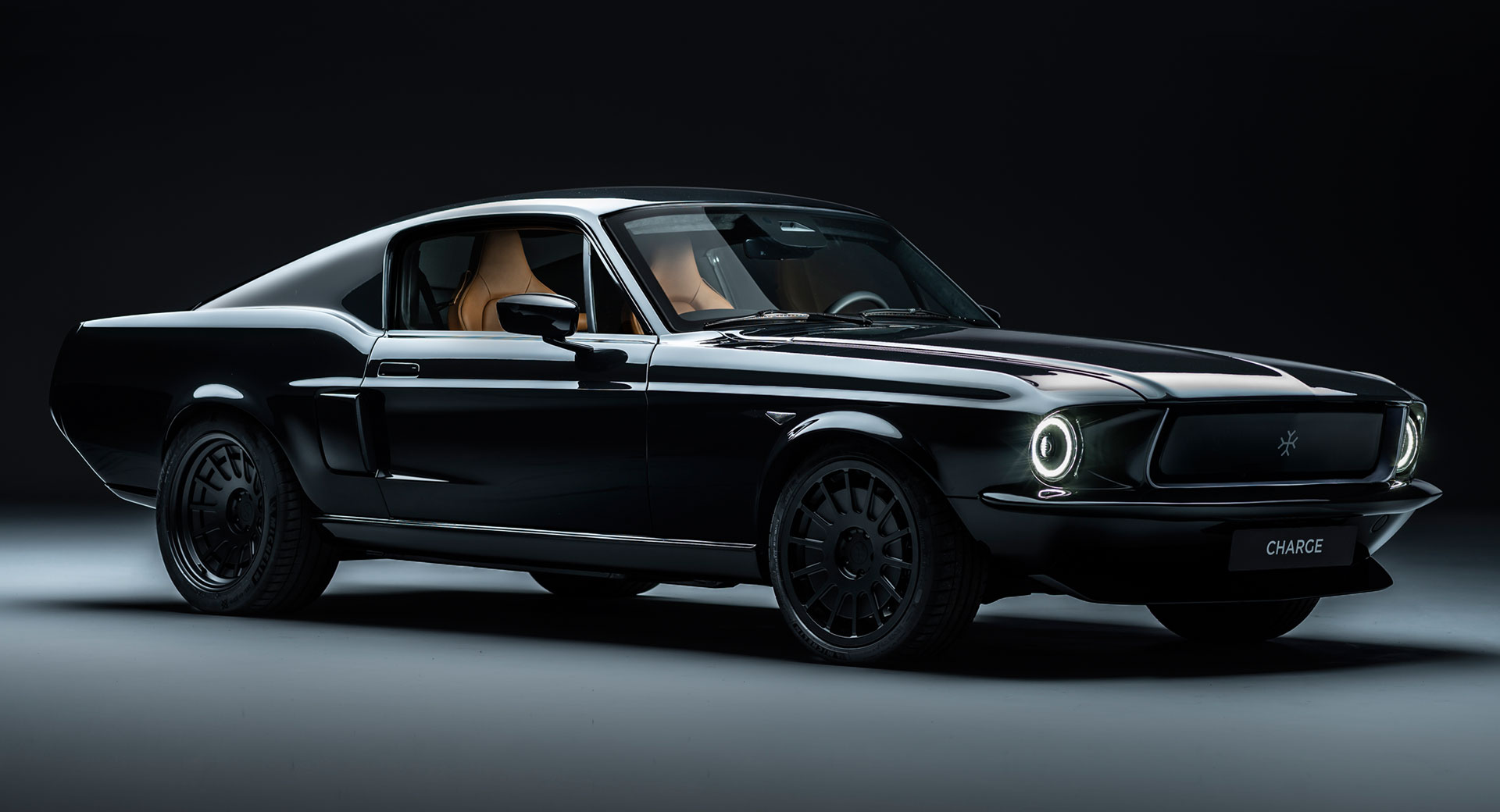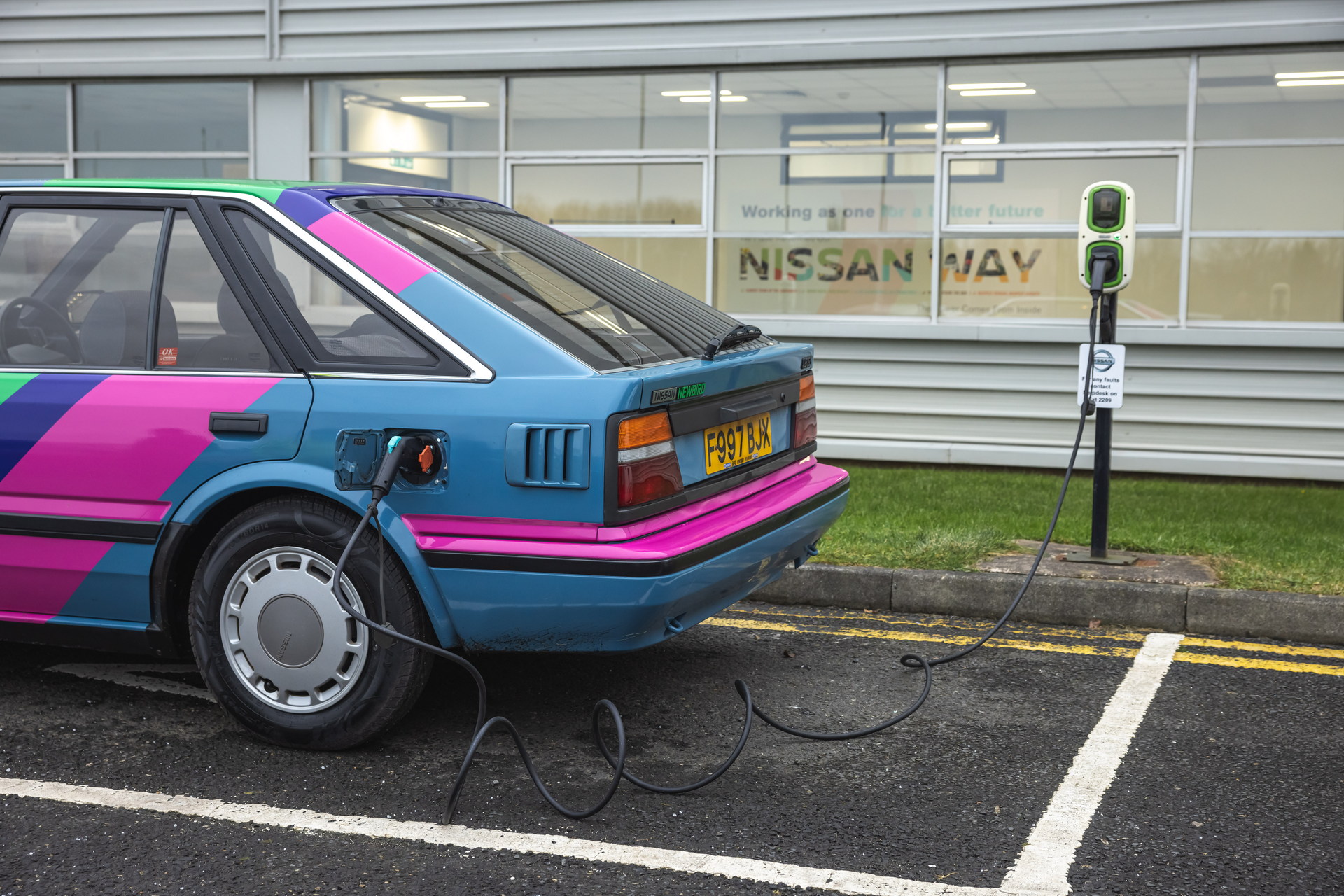Purists Be Damned: Are EV Conversions For Regular Vehicles Worthwhile?

The most talked about segment of the automotive world these days, without a doubt, is the EV sector. For better or for worse, governments the world over have doubled down on plans to electrify the majority of the vehicles running on their roads, even planning to outlaw non-EVs, in some cases. Car manufacturers, too, appear to be jumping on this bandwagon with enthusiasm, if the dizzying array of new EV models being launched at the moment is any indication.
Besides new launches, a lot of attention is being focused on adapting existing vehicles to fully electric operation. The European Union, in particular, is pushing its Clean Vehicle Directive strongly and looking specifically at areas like public transport to lead the charge for change. According to Hans-Georg Herb, the head of EV conversion specialist Elerra, EV conversions on old buses make good economic sense, because a conversion can be completed for between €300,000 and €350,000 ($299,000–$348,000), which is half the cost of a new bus. Thanks to their large size, buses have space for up to eight battery packs, giving them a range of approximately 250 km (155 miles), quite sufficient for urban applications, reports DW.com.
More: What Classic Car Would You Electromod And Why?
Given that EVs typically require less maintenance than internal combustion-powered vehicles, combined with a significantly lower cost per kilometer traveled, this means large potential savings for transport companies.
The question of whether converting personal vehicles to EVs is a practical proposition is a trickier one. Herb believes that practically any vehicle can be converted, but the amount of time, effort, and resources required is very high. Purists may want to cover their eyes at this juncture, as he says that vintage and classic vehicles are good platforms for conversion. They have fewer integrated electronics than more modern vehicles, and in some cases, it can be as simple as removing the combustion engine and gearbox, and fitting a suitable electric motor and batteries.
Read: Tony Hawk Shows Jay Leno His Futurized Tesla-Powered 1964 Corvette EV
However, even the simplest of conversions does not come cheap. Herb estimates that a complete conversion on a classic car would set you back around €60,000 (around $59,700) if done through his shop, and the conversion kit alone to fit an electric motor and batteries (without the actual motor and batteries) can be over €10,000($9,955) by itself!
From a purely economic perspective, it does not make sense as classic and vintage cars do not travel the kind of mileage required for the cost of conversion to be recovered, which is something Herb tells his customers often. Nevertheless, there are a growing number of dedicated folk for whom the allure of classic design combined with smooth electric power seems irresistible, and Herb is more than happy to give them what they want.
The Auto World



Comments
Post a Comment